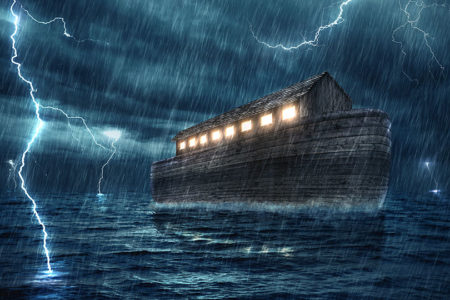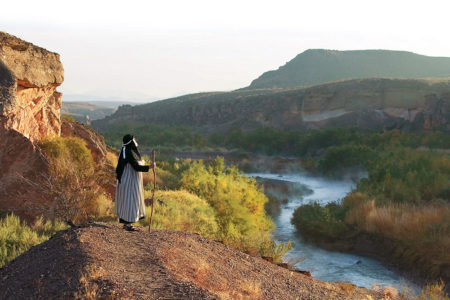Russia Is Back
One of the most foreboding aspects of the fallout coming from the tragic shooting of Muslim worshipers in Hebron last February is the reemergence of Russia as a player in the Middle East. Without question, Vladimir Zhirinovsky’s influence was a tangible factor in Russia’s decision to move in on the peace process. Even before the envoy from Moscow was dispatched to Israel (without an invitation) to “offer” Russia’s services to help cool the crisis brought about by the attack, Russian troops had stepped between Serbs and United Nations peacekeepers in Bosnia. Boris Yeltsin was obviously taking the initiative in demonstrating that the Russian bear still has some muscle. These moves should not surprise anyone. After all, a generation of Russians reared on global intrigue and military adventurism understand such actions much better than they do national salvation through the intervention of fast-food chains from the United States.
What must be remembered, however, is the role played by the Soviet Union in the Middle East before the collapse of Communism. It was the Soviets who supplied the wherewithal—advisors, equipment, and encouragement—for virtually every attempt by the Arabs to exterminate the State of Israel. They would have had Soviet paratroopers in Israel during the 1973 Yom Kippur War if President Richard Nixon had not called a military alert, which served notice that if the Kremlin wanted a fight, it would be with the United States, not just little Israel.
Thus, whenever Russia comes calling on Israel, it must be regarded as potentially more than just a shot in the arm for the Russian ego. Although the rulers in the Kremlin may currently be short on rubles, they still have guns to use and supply to others. We may, in fact, be hearing the knock on the door that will eventually bring to pass events that are prerecorded in Ezekiel 38 and 39.








